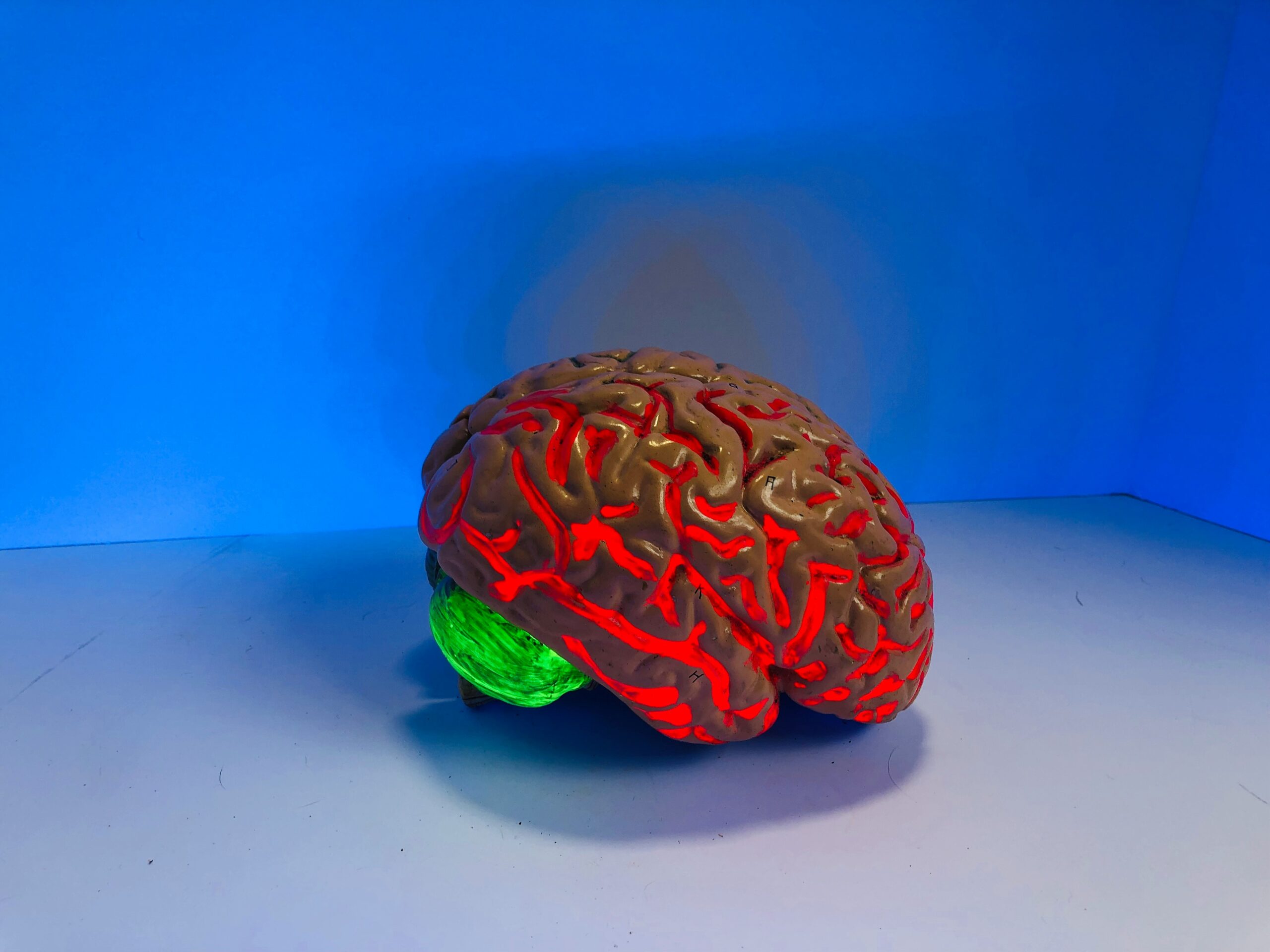Q: What Are the Early Signs of Cognitive Decline?Understanding early signs can be crucial for effective cognitive therapy.
Answer: Cognitive decline can appear gradually, often missed until it impacts daily life. Here are some early signs to watch for:
• Forgetting recent conversations or important events
• Difficulty planning or solving simple problems
• Struggling to follow instructions or navigate familiar places
• Losing track of dates or time
If these symptoms sound familiar, occupational therapy can help. Our experts at Back to You in Royal Oak, Canton, and Saint Clair Shores, MI specialize in identifying cognitive deficits and providing strategies to enhance brain health through cognitive therapy.

Q: How Can Occupational Therapy Help Identify Cognitive Deficits?
Answer: Occupational therapists are trained to evaluate cognitive skills that support everyday activities. They use standardized tests to assess:
• Memory and recall: How well you remember recent information and events.
• Attention and concentration: Ability to stay focused on a task.
• Executive functioning: Planning, organizing, and making decisions.
• Problem-solving: Tackling simple to complex tasks.
An occupational therapy evaluation provides a comprehensive look at how your brain is functioning. Furthermore, the results allow therapists to create a cognitive therapy treatment plan that addresses your unique needs and goals.
Q: What Techniques Do Occupational Therapists Use to Address Cognitive Issues?
Answer: Occupational therapists employ various evidence-based techniques to slow the progression of cognitive decline, enhance memory, and improve focus. Here are some key techniques:
• Cognitive exercises: These are structured tasks to improve memory, attention, and problem-solving.
• Routine development: Building routines can reduce cognitive load and make daily activities easier.
• Assistive technology: Tools like reminders and timers to support memory and independence.
• Environmental modifications: Adjusting the home environment for safety and easier navigation.
• Mindfulness and relaxation: Techniques to manage stress, which can impact cognitive function.
These strategies are tailored to each individual, helping patients improve memory, focus, and confidence in daily tasks. Additionally, visit our Cognitive Health Page for more information on the support available through cognitive therapy.
Q: What Steps Can I Take to Reduce the Risk of Early-Onset Dementia?
Answer: Certain lifestyle changes can help keep your brain healthy and reduce the risk of early cognitive decline:
• Stay physically active: Exercise increases blood flow to the brain and can delay cognitive decline (CDC on Physical Activity and Brain Health).
• Eat a balanced diet: Diets rich in fruits, vegetables, and omega-3 fatty acids support brain health.
• Keep your mind active: Engage in reading, puzzles, or new hobbies to keep your brain stimulated and consider cognitive therapy.
• Socialize regularly: Strong social connections help maintain cognitive function and reduce stress.
• Get enough sleep: Quality sleep is essential for memory consolidation and brain repair.
By integrating these habits, you can promote brain health and reduce the risk of early-onset dementia.
Q: Do I Need a Script for Occupational Therapy?
Answer: Yes, a script from your physician is necessary for occupational therapy services to address cognitive deficits. In addition, a referral helps us create a tailored plan that meets your specific needs. If you’re interested in exploring occupational therapy, reach out to us at Back to You in Royal Oak, Canton, or Saint Clair Shores, MI.

Q: Why Choose Occupational Therapy for Cognitive Health?
Answer: Occupational therapists are trained to improve daily living skills, even in the presence of cognitive challenges. By targeting brain health through specific interventions and cognitive therapy, you can reduce the risk of cognitive decline and maintain independence. Additionally, research supports occupational therapy for cognitive decline prevention, as well as its role in slowing progression and improving quality of life (American Journal of Occupational Therapy, 2017).
Conclusion: Take Control of Your Cognitive Health with Occupational Therapy
Don’t wait until cognitive issues impact your daily life. Occupational therapy provides proactive, personalized strategies to manage cognitive decline and promote long-term brain health. Whether you’re noticing changes in memory or want to stay ahead of age-related cognitive decline, Back to You is here to help with comprehensive cognitive therapy.
Bibliography
• Centers for Disease Control and Prevention. (n.d.). Physical Activity Basics. CDC. Retrieved from https://www.cdc.gov/physicalactivity/basics/pa-health/index.htm
• American Occupational Therapy Association. (2017). Cognitive Rehabilitation and Occupational Therapy. American Journal of Occupational Therapy, 71(Suppl. 2), 7102290010p1. Link to article
For more information on cognitive support, contact Back to You in Michigan. Take charge of your cognitive health today with the help of cognitive therapy.


Leave a Reply